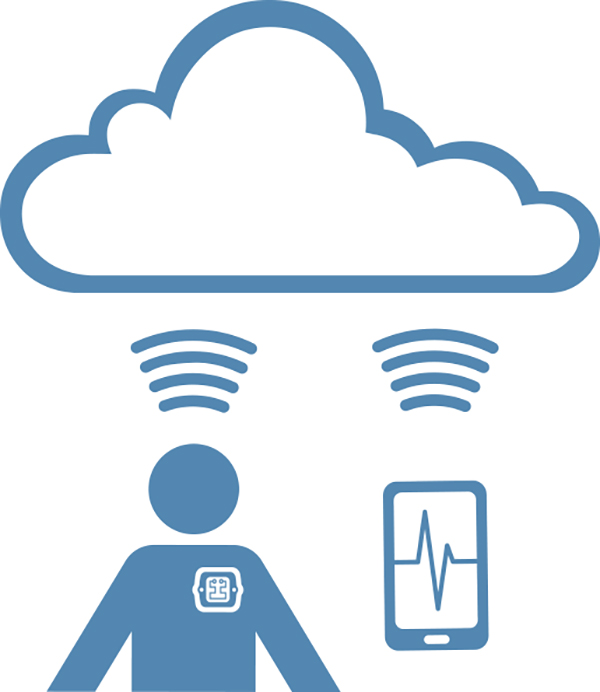
Giving Control Back to the Patient
Blockchain technology helps support the goal of decentralizing the healthcare sector and providing patients with the information they deserve about their own healthcare data.

Blockchain technology helps support the goal of decentralizing the healthcare sector and providing patients with the information they deserve about their own healthcare data.

The combination of medtech progress with strides in modern healthcare interoperability will enable preventive care in unprecedented ways.

The findings suggest that manufacturers need to make user interface and user experience design improvements to certain wearable medical devices.

Embracing compliance is a continuous process, and investing in agile technologies that streamline workflows—especially in meeting EU MDR and IVDR requirements—is essential, says Lana Feng, Ph.D., CEO-founder of Huma.AI, a pioneer in a human-centered AI.

AI’s arrival in the cardiovascular profession brings a plethora of new opportunities for providing innovative, tailored treatment.

The omicron variant of the coronavirus has made clear that the impact of the pandemic is far from over, particularly for health systems and hospitals. The ongoing need to limit close contact between providers and patients means technology will continue to play a key role, but with that increased reliance on technology comes the heightened exposure to cyber risks, as well.

Opportunities for intelligent computer systems span widely, including extensive use in medical science. Artificial intelligence enhances cognition analysis of complex health issues and improves the diagnoses. However, there are still some challenges in terms of data quality, regulations, market penetration and adaptation.

The pandemic put unprecedented pressure on drug and medical device production, underlining the growing challenge of monitoring, analyzing, reporting and acting on quality. It became clearer than ever before that the more fragmented processes become, the more critical it is that they can be assessed and managed for consistent quality. At the same time, innovative tools and best practices have emerged.

Digital transformation is especially important to medical device manufacturers because they must have good quality data, and especially tracking metrics, to track complaints and device performance to comply with regulatory requirements. And these requirements are just getting stricter.

The application of AI in telehealth to allow doctors to make real-time, data-driven rich choices is a key component in generating a better patient experience and improved health outcomes.